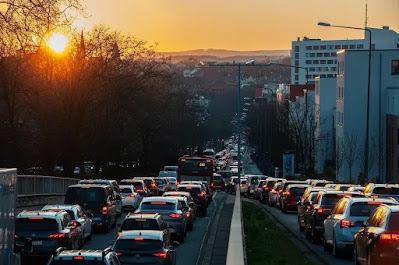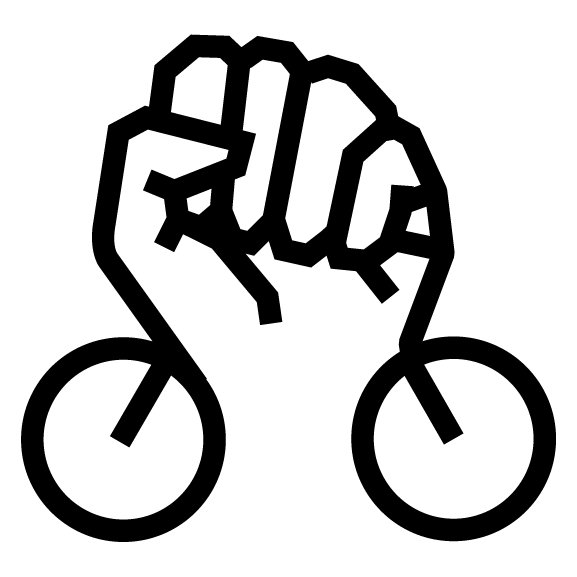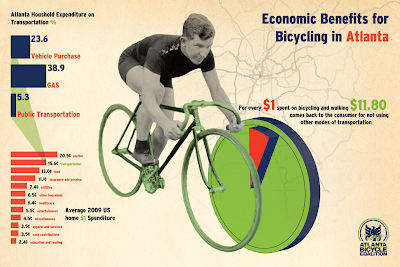I most recently visited Montréal around this time of year in 2015. My visit spanned a holiday weekend in the US: Columbus/Indigenous People’s’ Day, which just happened to coincide with Canadian Thanksgiving. That weekend, foliage colors were at or near their peak, highlighting the city’s beauty.
Of course, one of the things that made my visit memorable was the cycling. La ville aux deux cent clochers had a network of protected bike lanes that was not only more extensive, but also seemed to be more practical for transportation cycling, than anything I’d seen in the US up to that time. Best of all, there seemed to be a respect between cyclists, pedestrians and motorists that I rarely, if ever, see in my home country.
Now, however, the sort of fight I thought could happen only in the ‘States might be brewing. It could pit cyclists and the city against…churchgoers.
A few months ago, bike lanes were installed on both sides of rue Terrebonne in the Nôtre Dame de Grace borough, and the previously two-way street became a one-way thoroughfare. That has upset business owners who say that the lanes have taken parking spaces and thus led to a loss of revenue.
But one of the most vigorous complaints has come from Paul Wong, the warden of St. Monica’s church. He claims that church attendance—and donations—have decreased by nearly a third because, as he tells it, parishioners can’t find parking.
Had such a scenario unfolded in the United States, Wong or someone like him might’ve turned it into a “religious freedom” issue. It will be interesting to see whether he can or does that. Canada’s constitution does guarantee freedom of religious expression. I am no scholar of either the U.S. or Canadian Constitution, but I have to wonder whether Canada’s laws could be interpreted in similar ways to US policies. There have been cases in which employees—mainly Muslim—of municipal, provincial and national governments alleged discrimination against them for wearing symbols or sartorial accoutrements of their faith while on the job.
One thing I would never mention to a congregant of any house of worship is that I am an atheist. Can you imagine what visions of a “conspiracy” that might invoke? Oh yeah, that transgender atheist cyclist is trying to keep us from worshipping in the way God wants us to.






